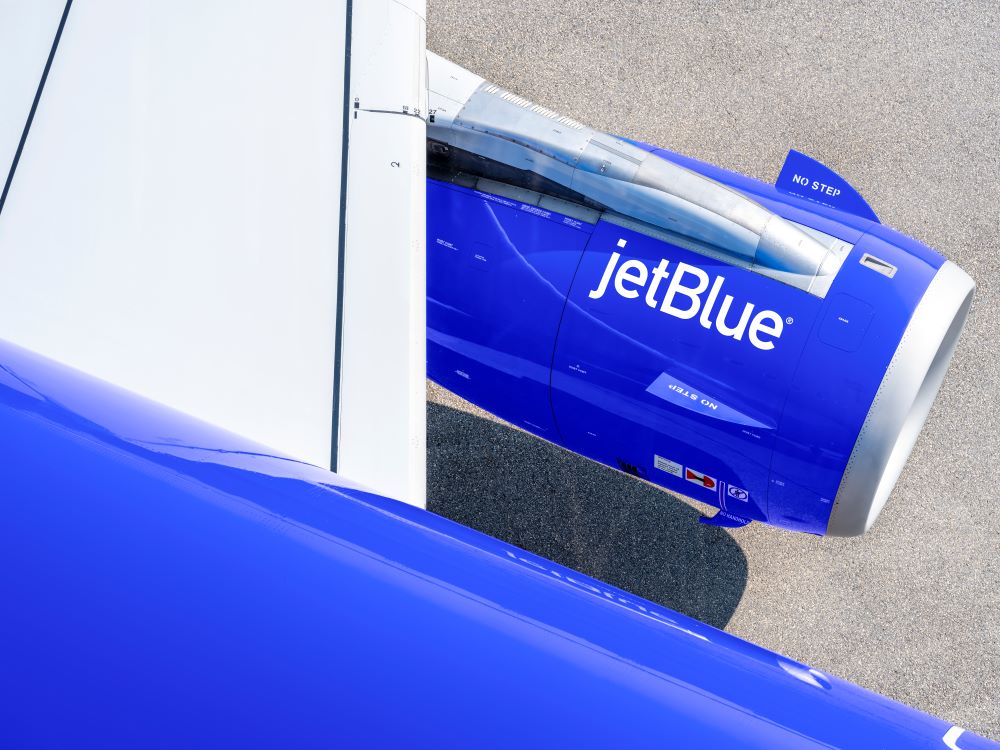According to the DOT, if JetBlue were to be excluded from the Dutch market, it would lead to fewer choices for consumers, less competition and much higher average fares.
JetBlue Airways beschuldigt the Dutch government of violating the US-EU Open Skies Agreement, an international agreement that regulates air traffic between the United States and the European Union. The American company states that the Dutch authorities have taken deliberate measures to prevent new players on the market, such as JetBlue itself, from accessing Schiphol.
While airlines that already have a history at Schiphol are faced with a 4% reduction in capacity, the market is completely closed to new participants such as JetBlue. According to the company, there has been a complete exclusion from the market, despite claims by the Dutch government that there would be a fair and proportionate outcome.
not lightly
JetBlue explains that the decision to sue the Dutch government was not taken lightly. The goal is simple: to ensure that the two daily flights of the company at Amsterdam Schiphol can continue to exist. In response to the Netherlands' alleged violations of the agreement, JetBlue has asked the US government to initiate formal consultations with both the Netherlands and the European Union to resolve the issue.
If no resolution is found, JetBlue has urged the US government to take action against Dutch airlines, including KLM. The idea is that these airlines should be treated in a similar way to how American airlines are now treated in the Netherlands.
According to the DOT, if JetBlue were to be excluded from the Dutch market, it would lead to fewer choices for consumers, less competition and much higher average fares.

The U.S. Department of Transportation (DOT) emphasizes that ensuring market access for U.S. airlines, as agreed bilaterally, is critical to its mission.
This policy is even codified into federal law through the International Air Transportation Fair Competitive Practices Act (IATFCPA), which gives the Department the authority to take strong action against any foreign government that violates such obligations. The DOT considers denying market access to U.S. airlines a serious violation that typically results in countermeasures.
The urgency of the issue is twofold. First, JetBlue, as well as other US airlines, is already selling flights for the 2024 summer season due to consumer demand. The longer the situation continues without intervention, the greater the negative impact will be on these airlines and their passengers. Second, the Dutch flagship airline KLM was granted immunity from antitrust laws on the condition that there would be open access to Schiphol for new entrants such as JetBlue.
entrance fee
Since the start of operations of JetBlue at Schiphol the airline has had a pro-competitive impact on the market, with price reductions of up to 58% compared to fares offered by the dominant immunized alliance on US-Amsterdam routes. This has also led to what has been described as the “JetBlue effect,” where competing airlines have adjusted their fares to compete with JetBlue's lower fares.
According to the DOT, if JetBlue were to be excluded from the Dutch market, it would lead to fewer choices for consumers, less competition and much higher average fares. The DOT has historically not hesitated to act quickly when U.S. carriers' operations are hampered by a foreign government's failure to adhere to bilaterally agreed-upon obligations.
The consequences of inaction could go even further than direct damage to JetBlue and other US airlines operating at Schiphol. Since the first Open Skies Agreement between the United States and the Netherlands in 1992, the U.S. has signed similar agreements with 132 other countries. If the Dutch government is able to exclude JetBlue, other governments could follow suit and unilaterally deny market access to US airlines. The consequences of Dutch policy measures not only pose a direct threat to JetBlue, but could also have a domino effect on the international aviation market.



